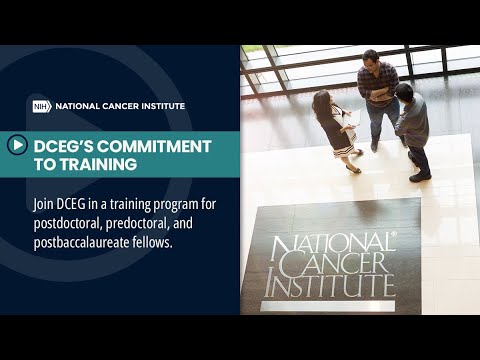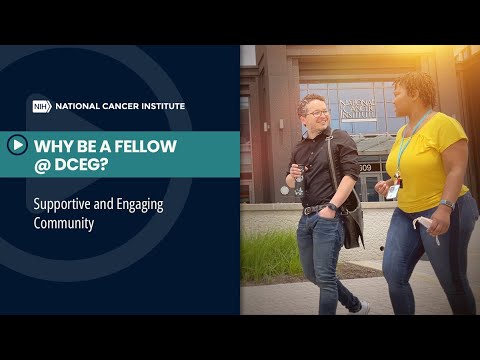Investigators in the Occupational and Environmental Epidemiology Branch (OEEB) work with fellows on studies in nationally and internationally to identify and clarify causes of cancer, with a focus on occupational and environmental exposures. OEEB research utilizes:
- Multi-disciplinary investigations to identify carcinogens
- Studies of exposure-response relationships
- Mechanistic studies to understand carcinogenesis
- Multi-plex data utilizing geographic information systems
- 'omics and exposomic approaches
- Approaches to develop and improve exposure assessment
Learn more about the Occupational and Environmental Epidemiology Branch research areas.
Apply to be a Fellow in OEEB
Individuals with strong quantitative skills and training or experience in the fields of occupational or environmental epidemiology, occupational or environmental exposure assessment, industrial hygiene, genetics, molecular epidemiology, or bioinformatics are encouraged to apply.
Fellowship applications are accepted on a continuous basis. Contact investigators in OEEB who are conducting research in your area of interest and send a copy of your CV; DCEG scientists are always on the lookout for new fellows. In addition, submit your CV to the application database so it can be reviewed by investigators across the NCI who may be searching for fellows. You can also apply for training positions with specific investigators listed below.
Training Opportunities with Specific Investigators
There are no specific opportunities in OEEB at present.
To explore training opportunities in other research areas, see a full list of the DCEG research groups on Apply for Fellowships page.

